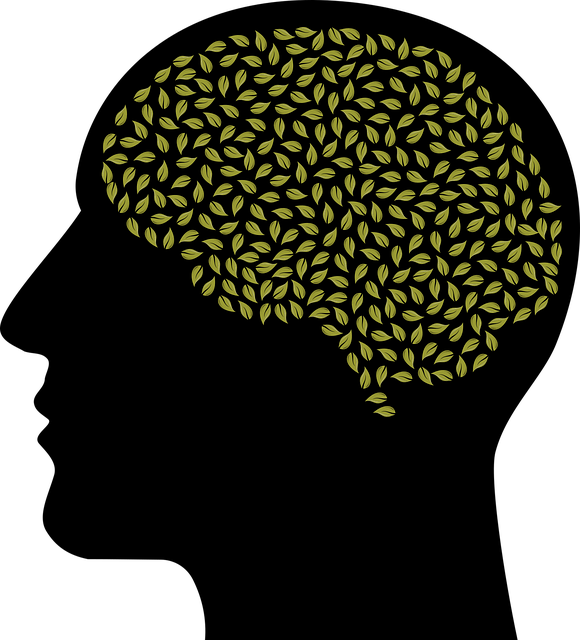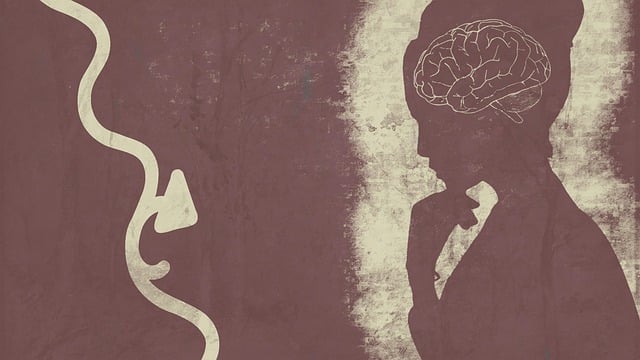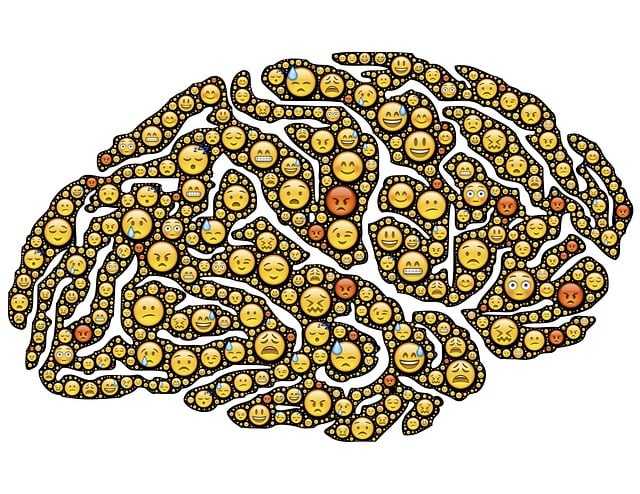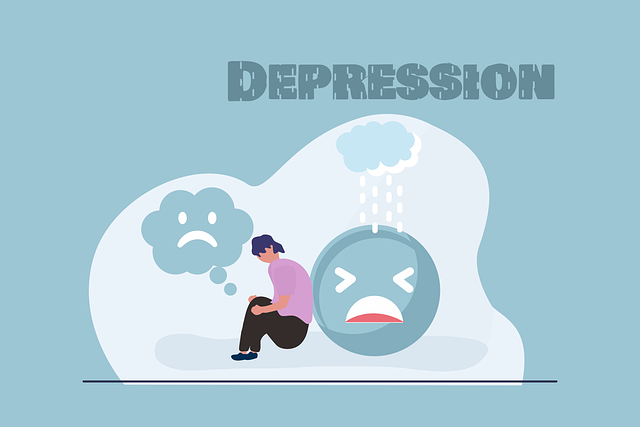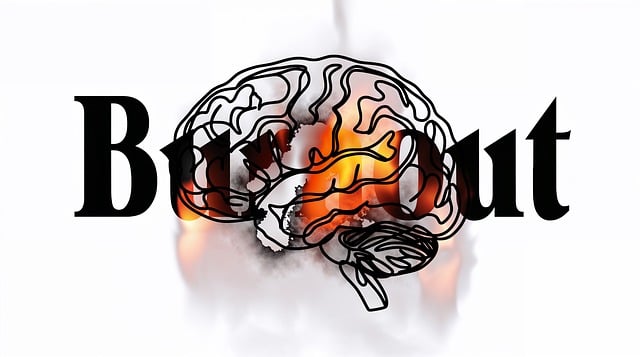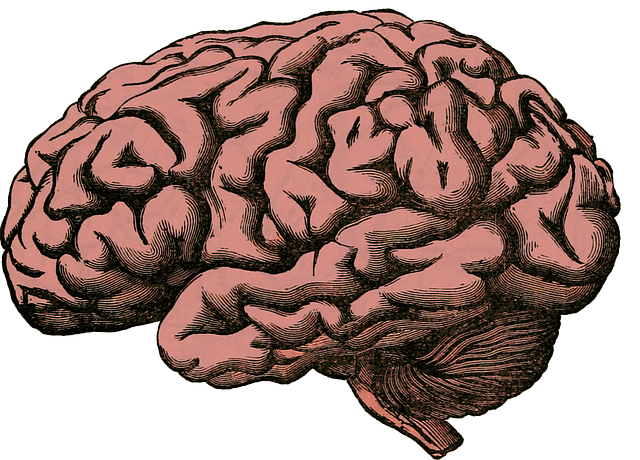Aurora Dialectical Behavioral Therapy (DBT) offers a structured approach to stress management, combining mindfulness and cognitive-behavioral techniques for emotional regulation. This evidence-based therapy empowers individuals with skills to navigate life challenges, reduce anxiety, depression, and physical ailments by fostering resilience and self-care practices. Through DBT, folks learn healthy coping strategies, improve interpersonal effectiveness, and process trauma while promoting mental wellness in a supportive environment. Engaging resources like the Mental Wellness Podcast Series enhance learning, making stress management accessible and effective for diverse needs.
Stress management is a vital skill in today’s fast-paced world. This article explores effective techniques, focusing on the power of Dialectical Behavioral Therapy (DBT) as a game-changer. We delve into the causes and effects of stress, revealing its impact on our lives. Key components of DBT are highlighted, offering practical strategies for managing and reducing stress. Additionally, we introduce Aurora as an innovative tool, integrating it into education to enhance stress management capabilities.
- Understanding Stress: Unraveling the Causes and Effects
- The Role of Dialectical Behavioral Therapy (DBT) in Stress Management
- Key Components of DBT for Effective Stress Teaching
- Practical Techniques: Equipping Individuals with Coping Strategies
- Integrating Aurora into Stress Management Education
Understanding Stress: Unraveling the Causes and Effects

Stress is a complex psychological and physiological response to various internal and external stimuli. It can stem from numerous sources, such as work-related pressures, personal relationships, financial concerns, or major life changes. Understanding the causes of stress is the first step in managing it effectively. For instance, the fast-paced nature of modern living often leads to time constraints, leaving individuals feeling overwhelmed and stressed.
The impact of prolonged stress on mental health cannot be overstated. It can manifest in various ways, including increased anxiety, depression, sleep disturbances, and even physical ailments. The Aurora Dialectical Behavioral Therapy (DBT) offers a structured approach to addressing these issues. By teaching individuals skills to regulate emotions, improve interpersonal effectiveness, and enhance mindfulness, DBT helps them navigate stressors more adaptively. Additionally, community outreach programs focused on mental wellness coaching can further support the development of healthy coping strategies, while policy analysis and advocacy promote systemic changes, such as improved access to mental health services (Mental Health Policy Analysis and Advocacy).
The Role of Dialectical Behavioral Therapy (DBT) in Stress Management

Dialectical Behavioral Therapy (DBT) has emerged as a powerful tool in stress management, offering effective strategies for individuals seeking to navigate and overcome life’s challenges. This therapeutic approach, often recognized as an Aurora Dialectical Behavioral Therapy, is particularly beneficial for those struggling with emotional regulation and distress tolerance. DBT combines cognitive-behavioral techniques with mindfulness practices, empowering individuals to develop healthy coping skills and enhance their overall well-being.
Through structured sessions, participants learn to identify and understand their emotions, regulate intense feelings, and improve interpersonal effectiveness. The Coping Skills Development aspect of DBT equips individuals with practical tools to manage stress in daily life. Moreover, the therapy’s focus on Emotional Healing Processes allows people to process traumatic experiences and cultivate resilience, making it a comprehensive and culturally competent approach that has gained recognition from healthcare providers worldwide.
Key Components of DBT for Effective Stress Teaching

The Aurora Dialectical Behavioral Therapy (DBT) provides a structured framework for teaching effective stress management techniques. At its core, DBT emphasizes the development of coping skills that balance acceptance and change. This duality helps individuals navigate intense emotions while also encouraging them to make positive changes in their lives. By combining mindfulness practices with cognitive-behavioral strategies, DBT empowers people to respond to stressful situations rather than reacting impulsively.
In focusing on trauma support services, DBT incorporates techniques tailored to address complex emotional experiences. Mental illness stigma reduction efforts are also integral, as DBT promotes self-compassion and understanding, fostering an environment where individuals feel safe to explore and express their feelings. Through these key components, Aurora DBT facilitates a holistic approach to stress management, equipping individuals with the tools necessary for lasting resilience.
Practical Techniques: Equipping Individuals with Coping Strategies

In the context of Aurora Dialectical Behavioral Therapy (DBT), practical techniques are a cornerstone in equipping individuals with effective coping strategies for managing stress and enhancing mental wellness. This evidence-based therapy goes beyond traditional methods by offering tangible tools that cater to various aspects of life, from interpersonal relationships to emotional regulation. By integrating skills training into daily routines, individuals gain the resilience needed to navigate challenging situations without resorting to harmful coping mechanisms.
The focus on practical techniques extends to burnout prevention, as it teaches individuals how to recognize and address signs of exhaustion early on. Through mindfulness exercises, distress tolerance strategies, and effective communication skills, participants in Aurora DBT learn to create healthier boundaries and prioritize self-care, ultimately fostering better mental wellness. These skills are further reinforced through engaging Mental Wellness Podcast Series Production, providing ongoing support and inspiration for maintaining a balanced and stress-resilient lifestyle.
Integrating Aurora into Stress Management Education

Integrating Aurora Dialectical Behavioral Therapy (DBT) into stress management education offers a comprehensive approach to teaching effective coping skills development. DBT, known for its success in treating individuals with emotional dysregulation, provides a structured framework that can be adapted for various settings, including educational institutions. By incorporating Aurora, a powerful tool for mental wellness podcast series production, educators can enhance the learning experience. This technology enables the creation of engaging audio content, allowing students to access therapeutic exercises and insights on stress reduction methods anytime, anywhere.
Through interactive podcasts, students can learn valuable techniques such as mindfulness exercises, emotion regulation strategies, and distress tolerance skills. The Aurora platform facilitates a personalized learning journey, catering to individual needs and preferences. By combining traditional teaching methods with this modern digital resource, educators can empower students to take charge of their mental wellness and develop lifelong coping mechanisms.
In conclusion, incorporating Aurora-based Dialectical Behavioral Therapy (DBT) techniques into stress management education equips individuals with powerful coping strategies. By understanding stress triggers and their impacts, combined with DBT’s key components, practical techniques can be taught effectively. This holistic approach not only navigates the complexities of stress but also fosters resilience and enhances overall well-being. As a game-changer in stress management, Aurora DBT offers a vibrant tapestry of strategies to help folks handle life’s challenges, ensuring a more balanced and fulfilling life.
